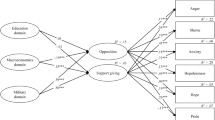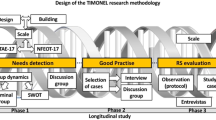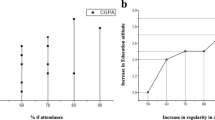Abstract
WHILE possible changes in university education after the War are being considered, I should like to urge the importance of one problem which has hitherto obtained little prominence. Anyone who had much contact with students before the War could not fail to be impressed by the specialized nature of most of their knowledge. For example, a graduate in classics was often completely ignorant of scientific thought, while a graduate in any of the sciences, as a rule, knew little of humanistic subjects beyond some French and German. Moreover, there is little doubt that this increasing departmentalization of the universities was encouraging the tendency, so disastrous at the present time, whereby what is scientific is divorced from humanistic purposes. The regulation at some universities compelling an honours student to take one or two classes outside his honours group, while good in theory, fails in practice, because these other classes are much too narrow in their aims and are, in fact, often the first-year courses for students who propose taking honours in them.
This is a preview of subscription content, access via your institution
Access options
Subscribe to this journal
Receive 51 print issues and online access
$199.00 per year
only $3.90 per issue
Buy this article
- Purchase on SpringerLink
- Instant access to full article PDF
Prices may be subject to local taxes which are calculated during checkout
Similar content being viewed by others
Author information
Authors and Affiliations
Rights and permissions
About this article
Cite this article
HARDIE, C. Post-War University Education. Nature 153, 57 (1944). https://doi.org/10.1038/153057a0
Issue date:
DOI: https://doi.org/10.1038/153057a0



